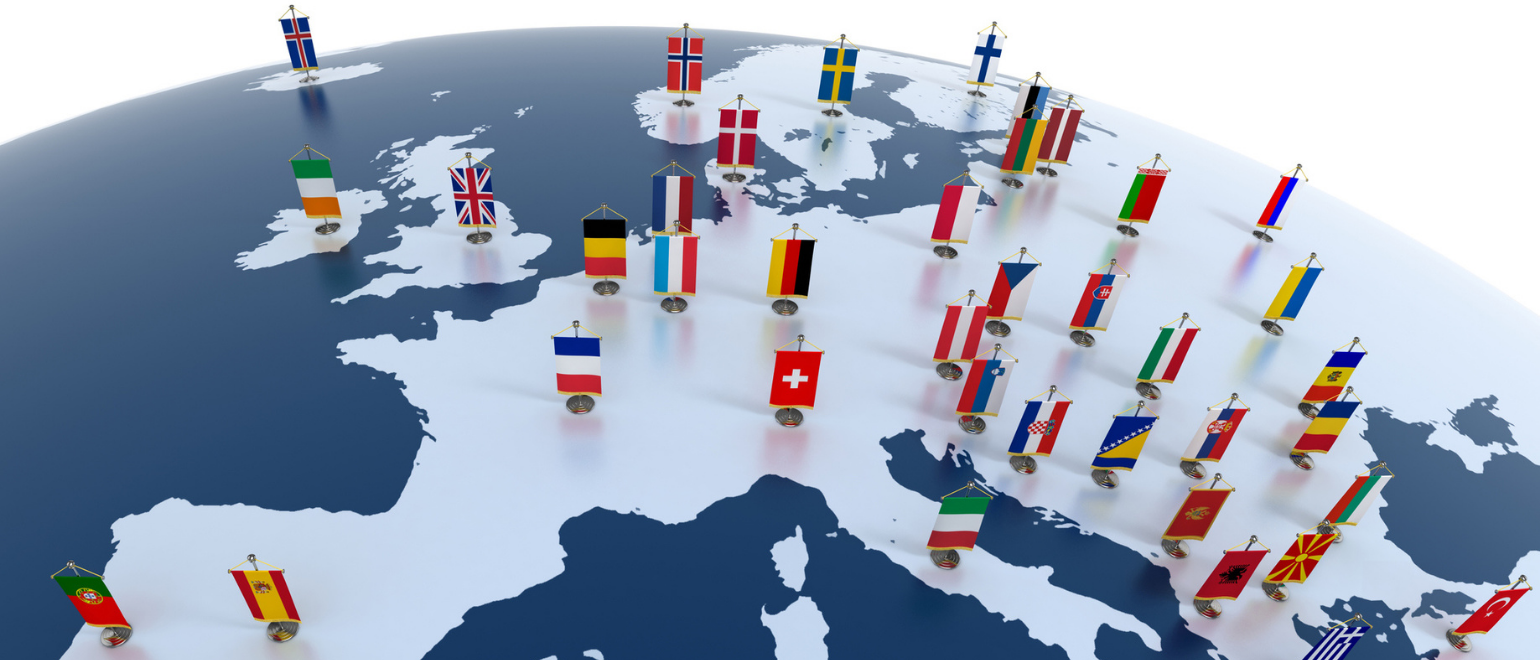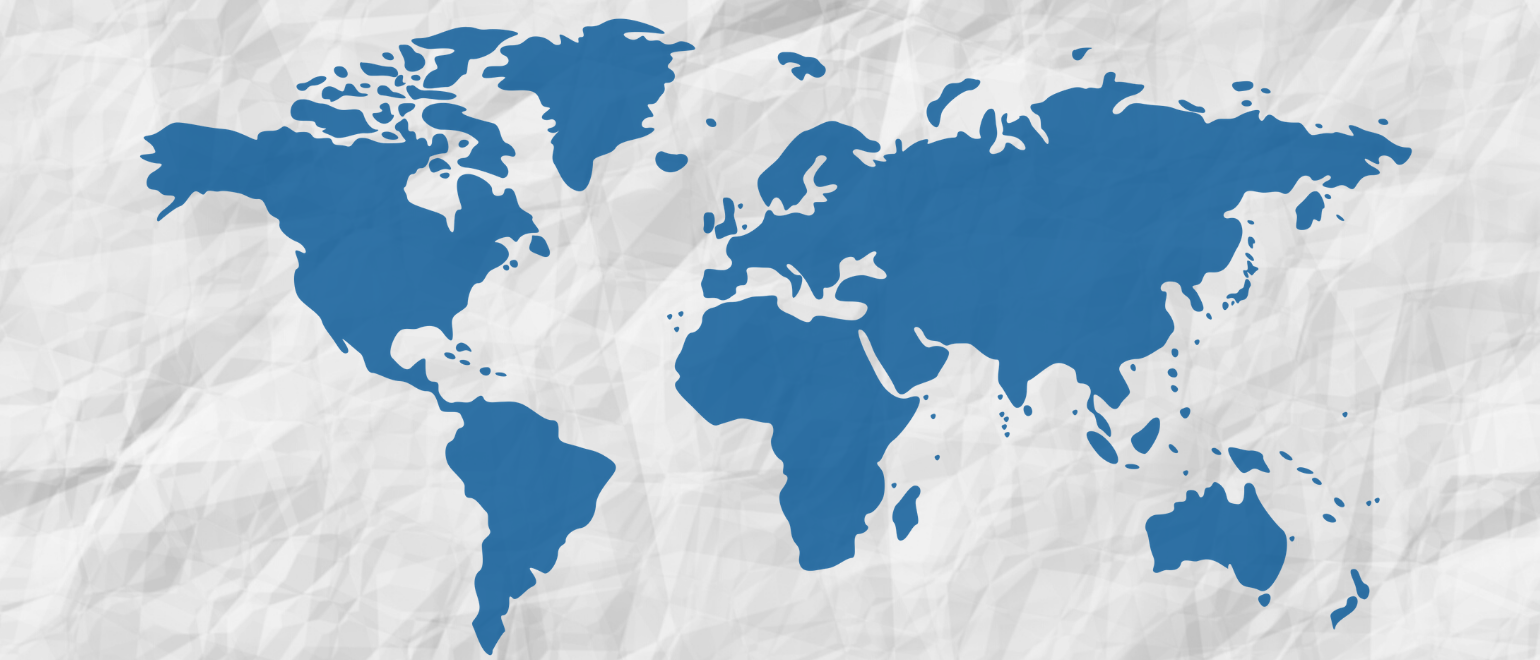If your company is like many, your board of directors may be demanding that you put more effort into environmental, social, and governance issues, which have become known by the now-ubiquitous acronym “ESG.” Those demands don’t come from nowhere: consumers are demanding transparency and social responsibility. In addition, if your company does business internationally, regulators are now focused on international social justice issues (such as the use of forced labor) more than ever.
Continue Reading Does Your Trade Policy Support Your Company’s Values?








